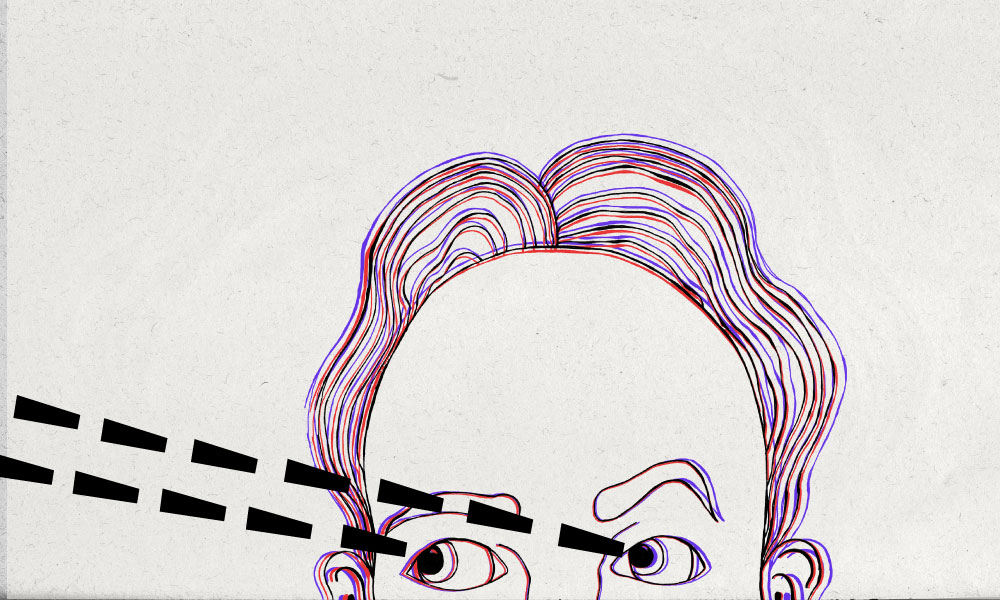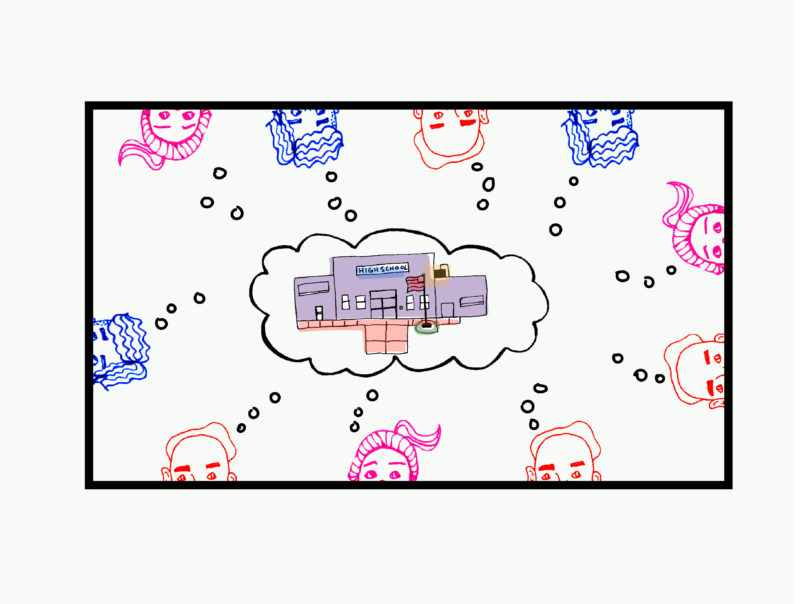That first blast of fall air can bring sensational reminders of good ol’-fashioned school days. If not received already, many will be getting an invitation to attend a school reunion this fall. Reaction to these invites, however, is often met with great angst. On balance, responses from alumni are less than sanguine and may be sour.
Considering going to a reunion could conjure up sundry emotions such as: “Why do I want to go back to see those jerks?” or “Nobody I hung out with will be there” or “I see the people I need to see in my life now” or “I would love to go, but what if I see (him/her) again; I just could not bear it.”
Certainly, such emotion is understandable, especially if it is your high school reunion — adolescence is a tough and awkward time for all. While Hollywood gave us the good feeling that we can overcome the deep and personal pain of those school days, as did members of The Breakfast Club, sticking one’s neck out in the schoolyard again is too much reality.
However, having moved beyond middle age and having perfect attendance at class reunions from grade school through multiple colleges, I offer a different and more optimistic perspective. One viewpoint is that people do change, yet in some ways, they do not. Naturally, all are curious to see if Miss Congeniality became a good mom and community organizer, if the ones “most likely to succeed” did anything with their lives, if the class entrepreneur made a billion, or if whatever his name was ended up in jail.
But well into the evening of the reunion, you forget about playing “what’s my line” and hear, see, and sense the endearing characteristics of your classmates who, for better or for worse, fate matched with you during those special years. It comes in the form of a bellowed laugh or a familiar smile. It comes in the form of a signature gesture or the use of just the right idiom. Maybe it’s the way someone puts a hand on your shoulder. And their eyes haven’t changed. There are the neat exchanges when you say to your classmate: “How can you not remember that?” and the response is “I just cannot recall [the incident].” Do they need their memory checked now or is their mind so well evolved that they can successfully suppress those incidents?
All of this should be comforting and liberating. Time has a tempering effect on our psyche. While there were impressionable events during school that one introduces as “I will never forget when . . .” in the scheme of life the event may not be that dramatic. And if it was and caused some discomfort, your classmates, even if unknowingly, will help you to forget it. I once overheard a group of women at a reunion state to one of their friends: “That happened in third grade; you’ve got to let it go.” At a grade school reunion, I sheepishly made an apology to a couple of classmates for my sophomoric behavior that must have been a distraction for these studious girls. One classmate said, “No need to apologize.” She explained that she actually enjoyed our knucklehead antics; it broke the boredom of the day for her.
Another perspective, and one quite opposite from your station at graduation, is “It is not all about you.” The gift at reunions is not what you get out of the night, but what you are giving back, even tacitly, to your classmates. Some will remember you and maybe thank you for something you said, or did, or did not do, and often this gesture was mundane and unremarkable to you at the time. It may have been the time the quarterback gave attention to a kid who was not popular and to this day he is grateful. It may have been the boy who knew the girl next door took him to the prom as a favor to her mother but did not utter a word of the “real reason.” It may have been the reserve someone showed to a classmate to not use the nickname because somehow he/she knew it bothered this person.
At a college reunion, I spent much of the night with an ol’ friend. We had little in common but talked about those challenging first few months of freshman year. I was a commuter, and in reminiscing that night I thanked him for always offering that I could “sleep over in his dorm room,” even though he was already bunking with three others. I told him that for future reunions, no matter if he came by plane, train, or bus, I would pick him up and drop him off to make the travel to campus. Very sadly, he died after a couple reunions. Responding to my condolences to his parents, they remarked of such a friendly gesture to be their son’s chauffeur so he could get to the reunion on time.
At my first five-year high school reunion, I was accosted at the door by a young lady who, upon hearing my name, gestured: “You did not graduate with us. I don’t know you; I knew everyone in the class.” Naturally, this put a big chink in the old ego’s armor. Luckily, I took it in stride and had the quick comeback: “I was only 5’ 2’’ then; maybe you just couldn’t see me.” We exchanged jabs all night. Turned out that we enrolled in the same graduate school program; crossed paths again when she followed me as the teacher for my class that had just advanced in grade. From that reunion on, we became good friends and still plan the high school reunions together.
I recall from my Child Psychology course in college the response to the query: “How many kids does it take to make a club?” Answer: “Three; two to be in the club and one to be out of the club.” As these half-decennial and decennial reunions roll by, we come to appreciate that we are all in the same club. There is no in-group or out-group anymore. Reunions, I have learned, are the closest thing we have to a time machine. And during these throwbacks, we get to tell our stories: the good, the bad, and the ugly. We cannot change the things that occurred, but before the night ends we will pick up something wholly new. And for that unexpected gift, going to the reunion is worth it.
Reunions are not your existential coming out, but a time your presence validates the goodness you bestowed upon someone in your class and in a way you never imagined. So, seriously consider saying “yes” to the reunion and give back to your classmates. •
All images created by Emily Anderson.





